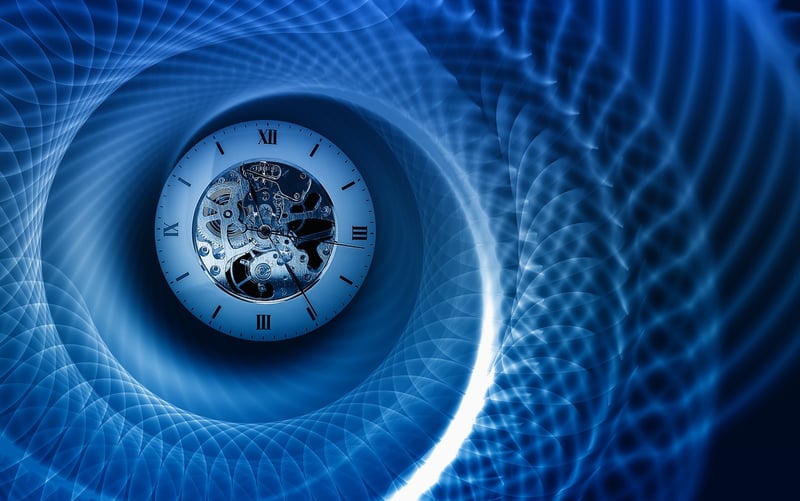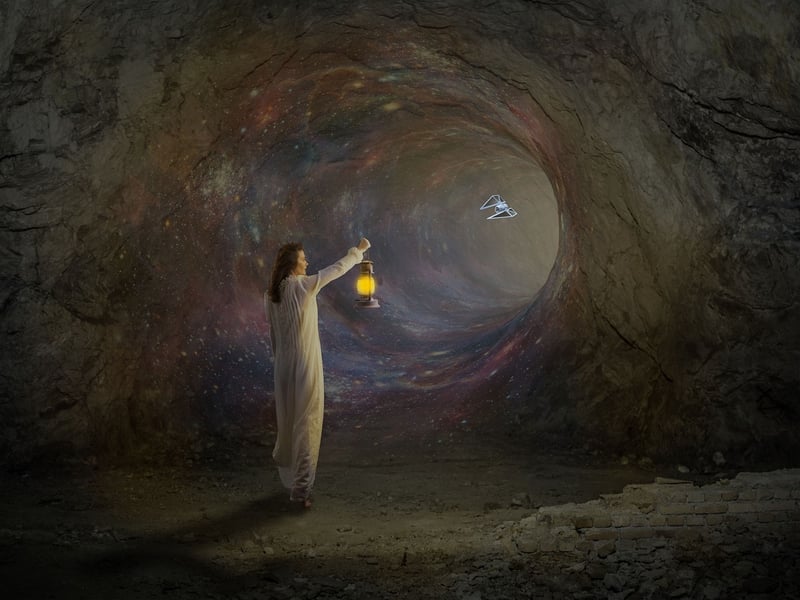Causal Loops
Unravel Time Conundrums and Causal Loops
Time, a concept that has intrigued humanity for centuries, continues to be a source of fascination and mystery. From theoretical physics to philosophy, the notion of time travel, paradoxes, and causal loops has captured the imagination of many.
The Concept of Time Travel
Time travel, the ability to move backward or forward in time, has been a popular theme in science fiction literature and films. While time travel remains a theoretical possibility in the realm of physics, the practicality and plausibility of such endeavors are subjects of ongoing debate among scientists.
Paradoxes and Time Conundrums
One of the most famous paradoxes associated with time travel is the grandfather paradox, which posits a situation where a time traveler could potentially prevent their grandparents from meeting, thus preventing their own existence. Paradoxes like these challenge our understanding of causality and the nature of time itself.
Causal Loops
Causal loops, also known as closed timelike curves, are theoretical constructs where an event is both the cause and effect of another event, creating a loop in time. These loops raise questions about the origins of events and the possibility of self-consistent timelines.
Exploring the Mysteries of Time
While time travel and causal loops may currently reside in the realm of speculation and theory, they serve as valuable tools for exploring fundamental questions about the nature of reality, causality, and the structure of the universe.
Resources for Further Exploration:
- Space.com - Time Travel
- Scientific American - Paradoxes in Time Travel
- Forbes - The Physics of Philosophy: The Theory of Causality


